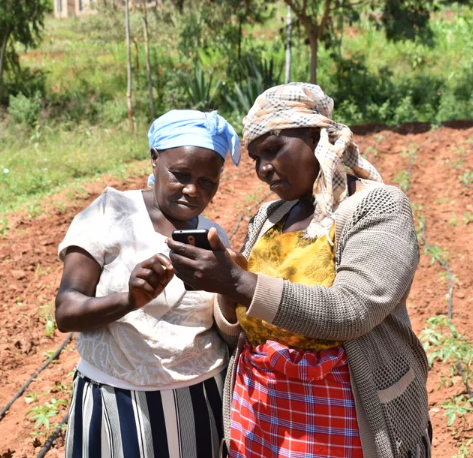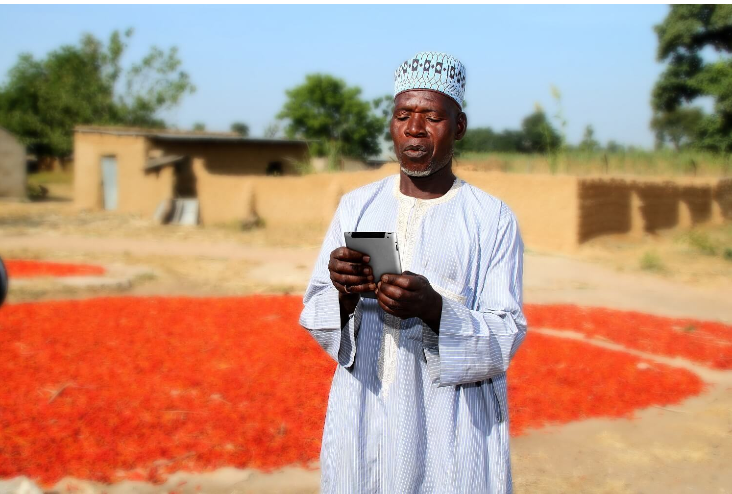Welcome to Perspectives, our new series that highlights emerging issues in the area of agri-SME and smallholder finance from the perspective of practitioners and thought leaders from within and outside the SAFIN network.
The inaugural interview of Perspectives features Blaine Stephens, Chief Operating Officer at MIX who describes how harmonizing data standards and closing information gaps surrounding fintechs that contribute to financial inclusion can drive real impact among smallholder farmers and agri-SMEs.
Why is MIX sharpening its focus on new areas of inclusive finance like fintech?
Fintech is an emerging area that holds great promise. Over USD 100 billion was invested in fintech in 2018, but investors seeking to spur financial inclusion and financial health for underserved segments, including smallholder farmers, tell us they don’t have a way to assess how fintechs are set up to address financial inclusion challenges. They are also building their deal pipeline from existing networks because they lack a full view of the landscape and methods for identifying new, promising fintechs.
MIX recently implemented Inclusive Fintech 50. What did you learn from this effort and why does it matter?
The response to the initiative – funded by MetLife Foundation and Visa with support from Accion and the International Finance Corporation – tells us there are large numbers of fintechs that want to share how they are contributing to financial inclusion (we received interest from over 1,000 fintechs with nearly 600 completed applications).
The data collected from applicants tells us even more. For example, fintechs headquartered in Sub-Saharan Africa raised an average annual funding of USD 260,000 compared to USD 626,000 for East and Southeast Asia.
Yet, the African fintechs reached just as many clients as those in other regions. Imagine what we could do in terms of outreach with just a little more investment capital! But capital is also concentrated within regions. In Africa, the vast majority of funding went to only a few countries. Further, out of 110 applicants based in Africa, 7 fintechs captured 70 percent of total funding.
What is MIX doing to tackle these challenges? How can SAFIN partners get involved?
We found that the heterogeneity of fintechs presents challenges, so we are building a common language for assessing fintechs, including a framework for understanding how business solutions address inclusion, and how they are performing through benchmarks.
SAFIN partners can review the data standards and encourage fintechs to participate in the benchmarks. Through these related efforts, and with your participation, we can ensure that financial technology and innovation can be harnessed for real impact.
Blaine leads operations and products
for MIX, a global organization
dedicated to full financial inclusion.
Since the launch of MIX’s first online
platform-MIX Market-in 2002,
Blaine has worked to further
inclusive finance through reporting
standards, benchmarks, rankings and
other information products. His
recent work has covered
international funding for financial
inclusion, agri-SMEs and
smallholder farmers, as well as
developing a framework for
analyzing inclusive fintech.

